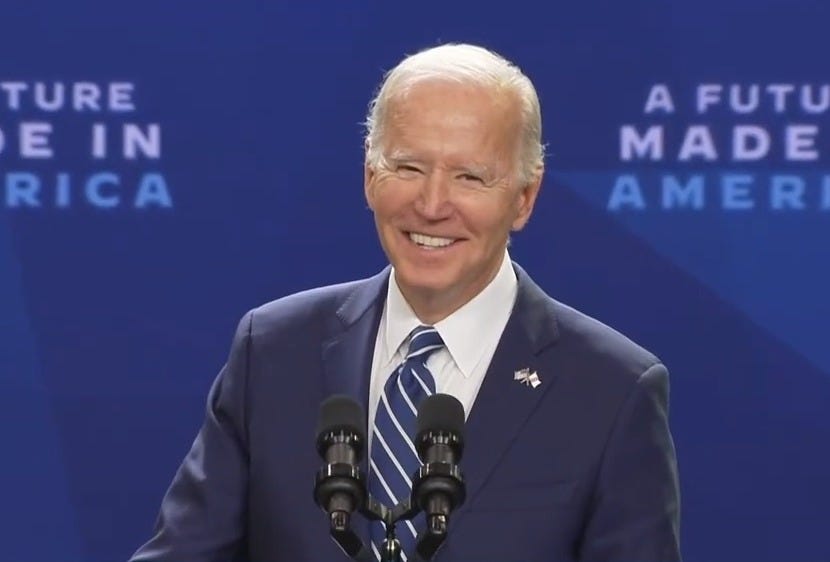Trevante Rhodes of “Moonlight” stars as Tyson, who doesn’t just narrate his own story, he constantly breaks the fourth wall to do so, both in flashbacks of events from his life and on-stage in a one-man show. For the first four episodes, Rhodes’ undeniable star power gives “Mike” a propulsive energy through the magnitude of his performance, finding the balance of athleticism, rage, and stubborn petulance that fueled Tyson into becoming one of the most famous athletes in the world. Each half-hour episode hits major events in Tyson’s life, starting with childhood, moving through his development under Cus D’Amato (Harvey Keitel) in the second episode, introducing Robin Givens (Laura Harrier) in the third episode, shuffling into the outsized personality of Don King (Russell Hornsby) in the fourth, and then actually handing narrator duties over to Desiree Washington (Li Eubanks) for the fifth episode (and the last one sent for press).

If it sounds like a lot, it absolutely is, and “Mike” is the rare streaming era show that could have been longer. Supporting players in Tyson’s life come off as shallow, especially D’Amato and Givens, although their feeling like devices could be arguably intentional as this Tyson is something of an unreliable narrator. However, they don’t even feel like the exaggerated versions of essential figures in our life that memory often creates. Hornsby pushes beyond this weakness in the fourth episode by imbuing King with enough charisma you may wish the show was called “Don.” Eubanks is excellent in an episode that wrestles with how to tell that vile chapter of the Tyson legacy by literally taking its headline fighter out of the ring.
“Tyson” constantly, and I believe intentionally, calls attention to the story it chooses to tell and who is the one telling it, and it doesn’t always work. For example, the Givens saga gets to the reported violence between the two, although it softens a lot of its impact—visualizing a reported altercation between Tyson, Givens, and Givens’ mother in stylized slo-mo drains it of its dark realism. Tyson himself has often seemed hesitant to reveal the dark energy that often drives him and so it makes a certain amount of sense that “Mike” would have a similar problem, but it leads to a sense that we’ve heard this story before. A lot of it smelled like bullshit then, too.



























































![LinkedIn Provides Tips on How to Promote Live Events [Infographic] LinkedIn Provides Tips on How to Promote Live Events [Infographic]](https://imgproxy.divecdn.com/kA4YczoBIs8NmPBiERWa-OxzvYMz5kwjjZ6wewP8z7c/g:ce/rs:fit:770:435/Z3M6Ly9kaXZlc2l0ZS1zdG9yYWdlL2RpdmVpbWFnZS9saW5rZWRpbl9ldmVudF9hZHNfaW5mb18yLnBuZw==.webp)











